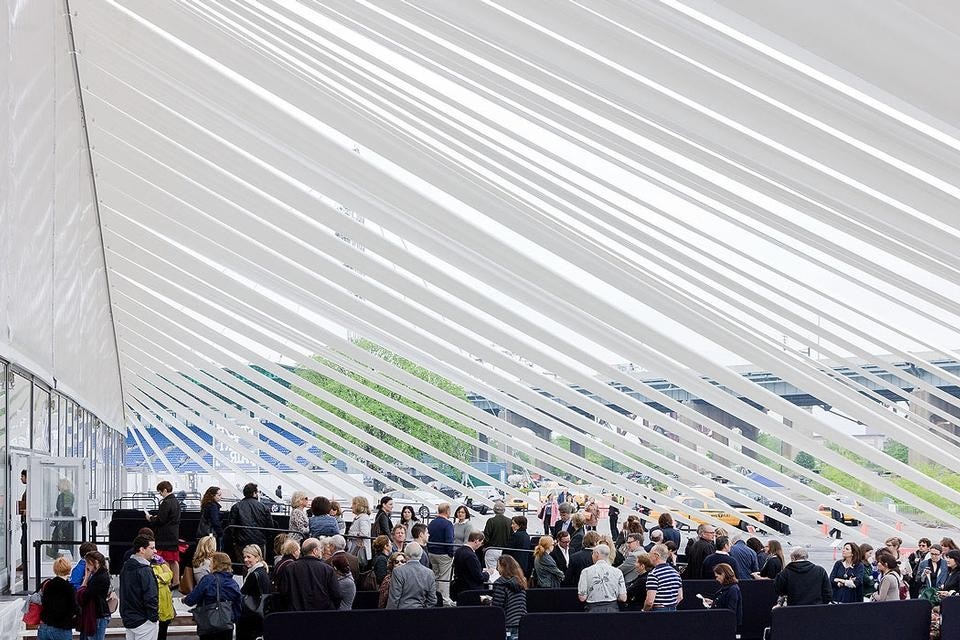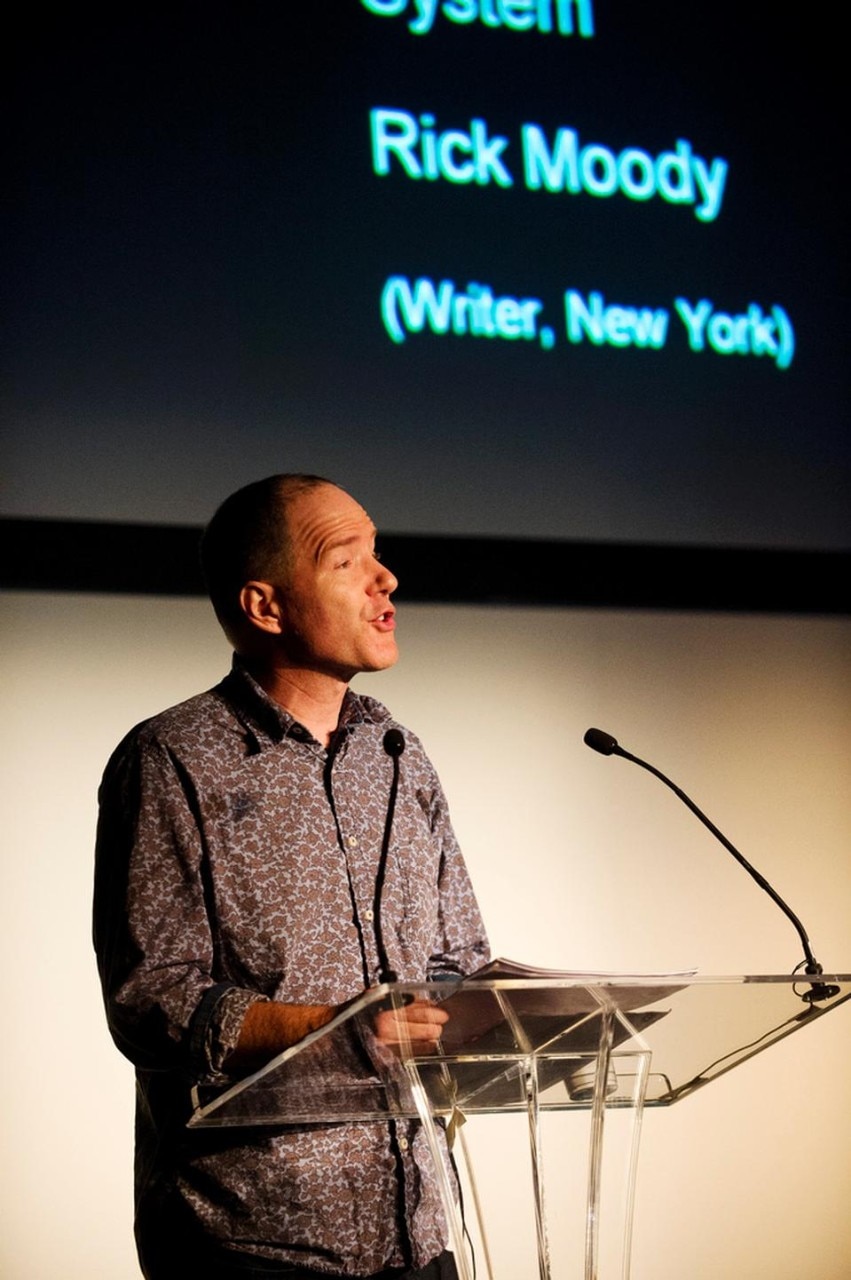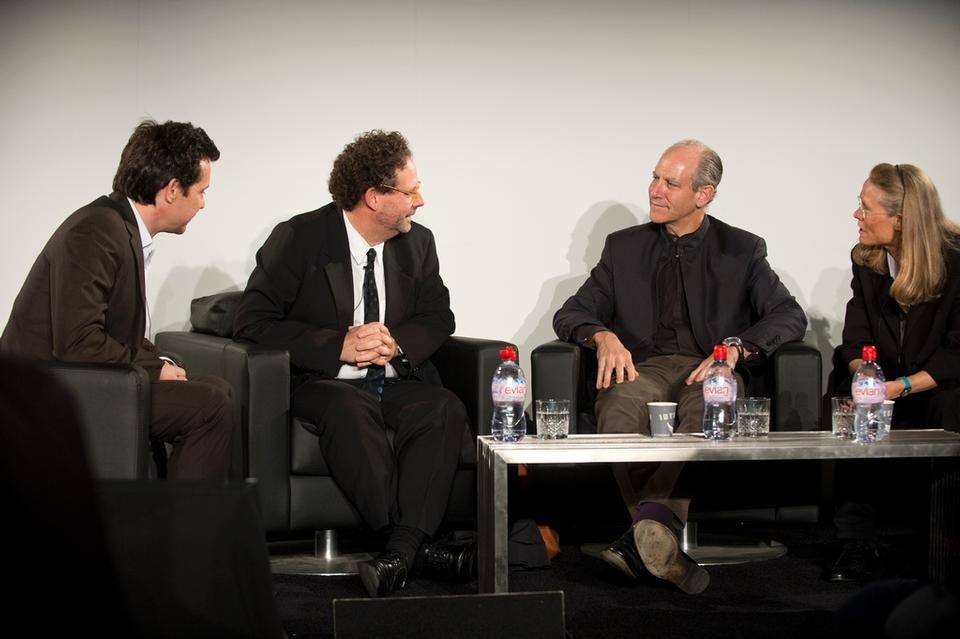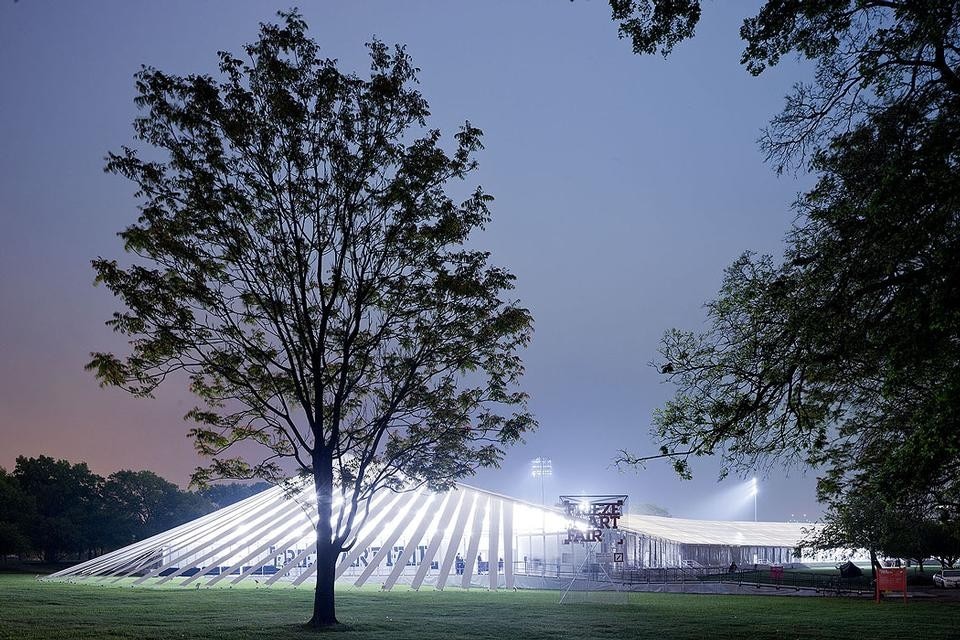On Saturday of the inaugural Frieze Art Fair in New York, writer Rick Moody stood in spotlight behind a podium, shuffling papers, and reading from The Undependable Global Positioning System, a fair-commissioned essay and sound piece describing an absurdist GPS. Presented as part of Frieze Talks 2012 — a four-day program of conversations with artists, scholars and cultural critics — Moody acted as a product manager, plugging a fictional navigational device which, he explained, intended to provide "advice for those who need advice regarding getting lost, especially in this particular historical moment, in which getting lost has become harder and harder to do." As you might expect from the author of suburban-malaise titles like Garden State and The Ice Storm, his U.G.P.S. catered to the despondency in our exceedingly manicured world, insisting — even if cheekily — that getting lost from standard coordinates may be the only way to get found.

While Moody's talk set an experimental tone, others — like "Collection Cartographies," which gathered international art-collection directors to talk about their private art holdings in Latin America, Europe and the Middle East, or "Mapping the World of Art: André Malraux and his Musée Imaginaire" a biographical presentation presented by philosopher Georges Didi-Huberman — were straightforward and academic.

While gallerists from all over the world set up shop inside the tent's serpentine halls — business as usual —, the small black-box auditorium housing Frieze Talks was a sanctified space of self-reflection



